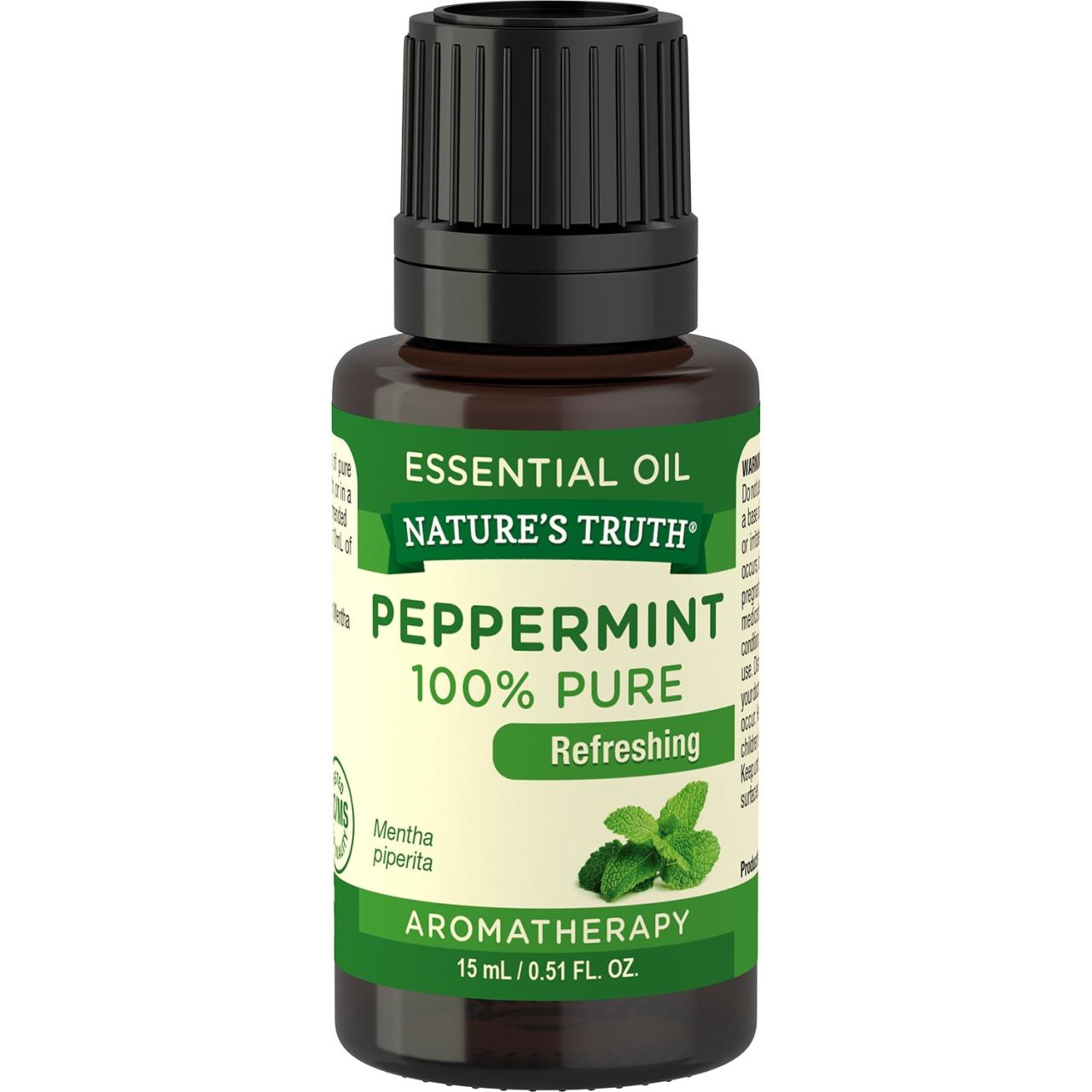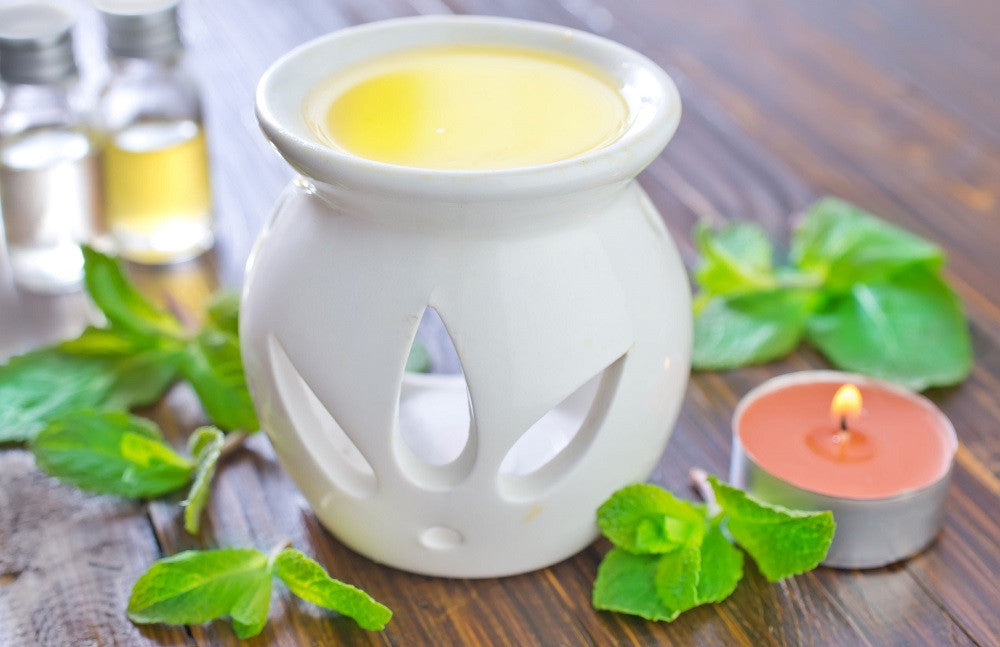Step into the invigorating world of peppermint aromatherapy, where the tantalizing aroma of this herb unfolds a symphony of therapeutic benefits. From calming the mind to easing respiratory discomfort, peppermint’s versatility makes it a true gem in the realm of natural healing.
Throughout this comprehensive guide, we will delve into the remarkable properties of peppermint aromatherapy, exploring its myriad applications and unraveling the science behind its remarkable effects.
Therapeutic Benefits of Peppermint Aromatherapy
Peppermint aromatherapy offers a calming and soothing experience for both the mind and body. Its invigorating scent has been shown to alleviate stress, anxiety, and tension, promoting relaxation and well-being.
Calming Effects on the Mind
The aroma of peppermint has a calming effect on the nervous system, reducing feelings of stress and anxiety. It helps to clear the mind, improve focus, and promote a sense of tranquility.
- Inhalation:Diffusing peppermint essential oil or inhaling it directly from the bottle can help to calm racing thoughts and ease anxiety.
- Topical application:Applying diluted peppermint oil to the temples, forehead, or back of the neck can provide a cooling and soothing sensation that helps to reduce stress and tension.
Alleviating Physical Tension
Peppermint aromatherapy can also help to alleviate physical tension and discomfort. Its analgesic and anti-inflammatory properties can help to soothe muscle pain, headaches, and digestive issues.
- Massage:Diluting peppermint oil in a carrier oil and using it for massage can help to relax tense muscles and relieve pain.
- Bath:Adding a few drops of peppermint oil to a warm bath can create a soothing and invigorating experience that helps to reduce muscle tension and promote relaxation.
Respiratory Health and Peppermint Aromatherapy
Peppermint aromatherapy has gained recognition for its potential benefits in alleviating respiratory ailments. Its invigorating and expectorant properties contribute to its effectiveness in clearing congestion and opening up airways.
Steam Inhalation
Steam inhalation is a simple yet effective method of utilizing peppermint essential oil for respiratory support. Adding a few drops of peppermint oil to hot water creates a vapor that, when inhaled, helps to thin mucus and promote expectoration.
Chest Rubs
Chest rubs containing peppermint essential oil can provide soothing relief for respiratory discomfort. By applying a diluted blend of peppermint oil to the chest and throat area, its decongestant properties help to alleviate congestion and improve airflow.
Digestive Support with Peppermint Aromatherapy
Peppermint aromatherapy has gained recognition for its remarkable digestive benefits. Its invigorating aroma can stimulate the digestive system, alleviating gastrointestinal discomfort and promoting overall digestive health.
Carminative Properties
Peppermint possesses carminative properties, which means it helps expel gas and bloating. The volatile compounds present in peppermint, such as menthol and menthone, have a relaxing effect on the smooth muscles of the digestive tract, reducing spasms and facilitating the passage of gas.
Peppermint Aromatherapy for Headaches and Migraines

Peppermint aroma possesses analgesic and anti-inflammatory properties that contribute to its effectiveness in alleviating headaches and migraines. These properties work synergistically to reduce pain and tension associated with these conditions.
Diffuser Use
Inhaling peppermint essential oil diffused into the air can help reduce headache and migraine pain. The aroma binds to receptors in the olfactory system, sending signals to the brain that trigger a calming effect.
Topical Application
Applying diluted peppermint essential oil topically to the temples, forehead, or back of the neck can provide localized relief. The analgesic properties of peppermint work to numb the pain, while its anti-inflammatory properties reduce swelling and inflammation.
Cognitive Enhancement with Peppermint Aromatherapy

Peppermint aromatherapy is renowned for its invigorating and focus-enhancing properties. The stimulating aroma of peppermint activates certain brain regions responsible for attention, concentration, and memory.
Studying and Work
Inhaling peppermint essential oil can improve focus and concentration, making it an ideal choice for studying or work environments. Aromatherapy diffusers or inhalers can be used to disperse peppermint oil into the air, creating a stimulating and motivating atmosphere.
Ending Remarks

As we conclude our exploration of peppermint aromatherapy, it’s evident that this ancient practice holds immense potential for promoting well-being. Whether seeking relief from stress, respiratory ailments, digestive discomfort, or cognitive challenges, peppermint’s therapeutic touch offers a natural and effective solution.